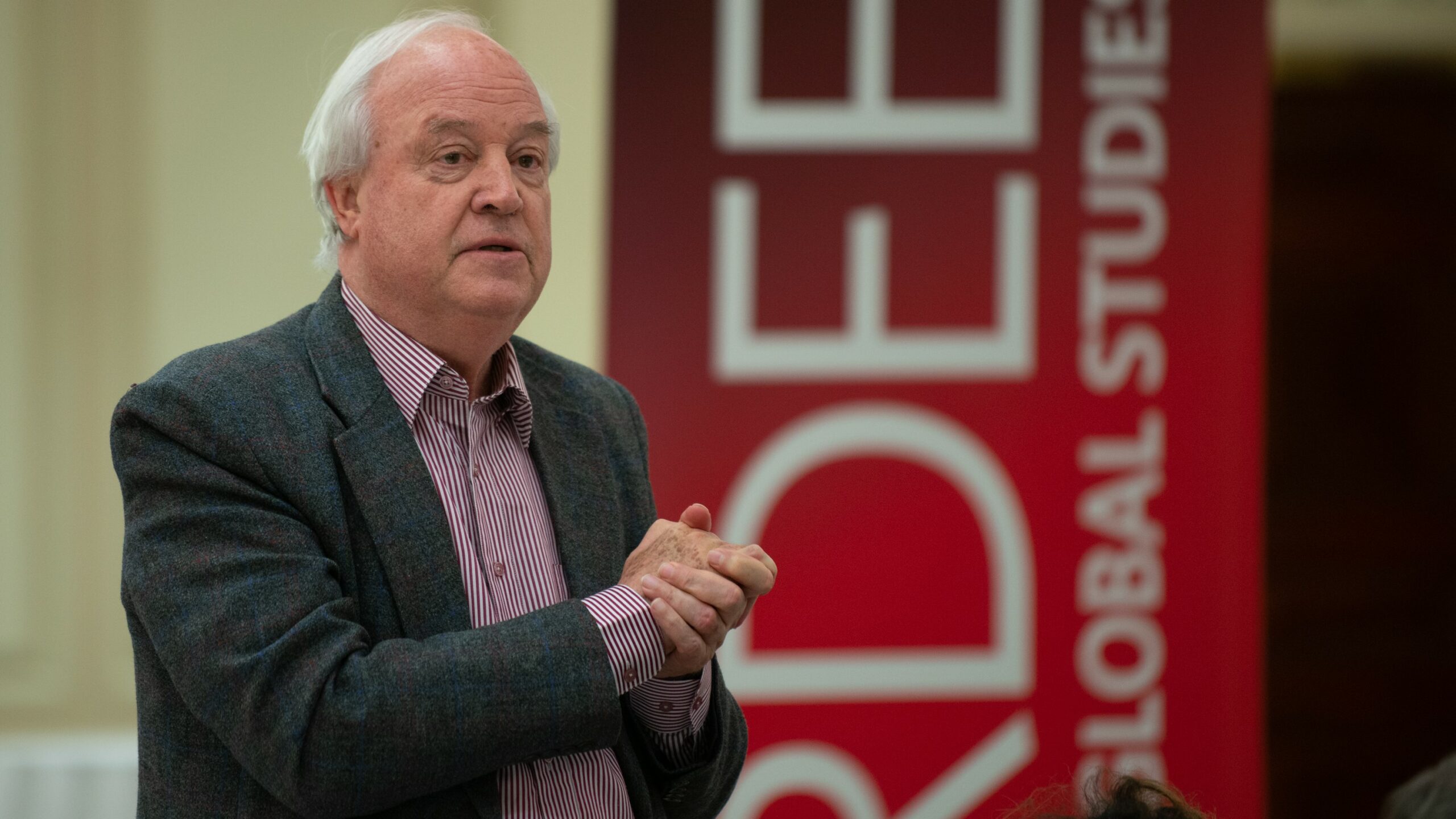Heine Discusses Importance of Escazú Agreement for Chile

Ambassador Jorge Heine, Research Professor at the Frederick S. Pardee School of Global Studies at Boston University, was recently featured in the Latin America Advisor, a publication of the Inter-American Dialogue, a Washington D.C. think tank.
Heine responded to the publication’s feature Q&A, which asked about the importance of the Escazú Agreement to Chile. The agreement, signed by Chilean president Gabriel Boric in one of his first acts in office, urges signatories to promote various environmental rights, including access to environmental information, public participation in decision-making, the right to environmental justice, and protections for environmental defenders.
In his response, Heine argues that the new Chilean government “could not have chosen a better issue than Escazú to signal its own, distinct approach to foreign policy, multilateralism and the
environment, and how much it contrasts with that of former President Sebastián Piñera.” Chile has felt the severe impacts of climate change and natural disasters, so Heine says that the Escazú
agreement is a step in the right direction as the country works to mitigate the climate crisis.
The full issue of the Latin America Advisor can be read on the Inter-American Dialogue’s website.
Ambassador Jorge Heine is a Research Professor at the Pardee School of Global Studies at Boston University. He has served as ambassador of Chile to China (2014-2017), to India (2003-2007) and to South Africa (1994-1999), and as a Cabinet Minister in the Chilean Government. Read more on him here.